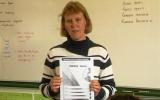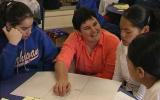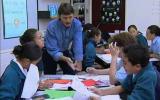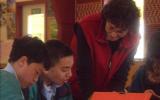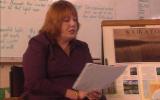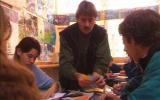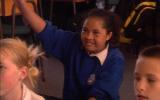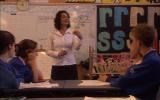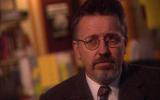Section navigation
Filter by result
Sections
- Effective leaders(12)
- Effective teachers(23)
Key collections
- Te Mana Kōrero(36)
Principles
- Productive partnerships(18)
- Identity, language and culture(10)
- Ako(15)
Te Mana Kōrero
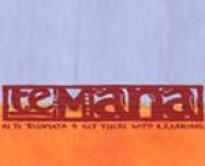
Thank you for visiting. This site will close in July 2025.
Please visit Tāhūrangi - the new online curriculum hub from the Ministry of Education.
Te Mana Kōrero is a series of three professional development packages and facilitated workshops.
These professional development packages draw on the evidence that show what is working for Māori students, from programmes such as Te Kotahitanga and Te Kauhua.
Each of these successful professional development programmes is based on important Māori concepts or principles:
- ako – effective and reciprocal teaching and learning relationships where everyone is a learner and a teacher
- manaakitanga – the care for students as culturally located people above all else
- mana motuhake – the care by teachers for the academic success and performance of their students
- whakawhanaungatanga – the nurturing of mutually respectful and collaborative relationships between all parties around student learning.
The content and video resources you will find on these pages are taken from Te Mana Kōrero Online, developed to help school leaders and teachers address and meet the goals of Ka Hikitia: Managing for Success: The Māori Education Strategy 2008–2012 (Ministry of Education, 2008-2009).
-
Using data to inform practice
 28/06/2011
28/06/2011
Filed under: Effective leaders
Diagnostic information should be obtained from a wide range of sources. The close analysis of curriculum data is critical to informing teaching and learning decisions. (Extract from’ Te ManaKōrero: Strengthening Professional Practice’, 2005).
-
Developing better learning relationships
 28/06/2011
28/06/2011
Filed under: Identity Language and Culture | Effective teachers
Rotorua Lakes High School and neighbouring Mokoia Intermediate have established a collaborative learning community where they share professional development opportunities. The process of developing better relationships with students began with asking the students what the issues were. (Extract from ‘Te ManaKōrero: Strengthening Professional Practice’, 2005).
-
Filed under: Ako | Effective teachers
What are the key features of professional development that strengthens Māori student learning outcomes, and what effect has that had on teacher practice? (Extract from ‘Te ManaKōrero: Strengthening Professional Practice’, 2005).
-
Culturally responsive practice
 28/06/2011
28/06/2011
Filed under: Productive partnerships | Identity Language and Culture | Effective teachers
At Ruawai Primary School and Kapiti College, whānau knowledge is valued as teachers construct contexts for learning that reflect the cultural significance and history of their location.
-
Filed under: Ako | Effective teachers
At Whangarei Intermediate, teacher Joe Beaumont works to create a classroom environment which is both supportive and challenging. The focus is on ensuring that every student sees what they are capable of achieving.
-
Filed under: Ako | Effective teachers
At Rotorua Lakes High School maths teacher Tony Renshaw has changed what is going on in his classroom to encourage Māori student participation and achievement.
-
Building trust, setting expectation
 28/06/2011
28/06/2011
Filed under: Ako | Effective teachers
What do teachers have to do to make students feel that they can achieve? What is the basis of an effective learning relationship? (Extract from ‘Te ManaKōrero: Teachers making a difference’, 2002) .
-
What makes a really good teacher?
 14/03/2012
14/03/2012
Filed under: Ako | Effective teachers
Students and teachers reflect on the qualities of a teacher that makes a difference. (Extract from ‘Te ManaKōrero: Teachers making a difference’, 2002) .
-
Teachers making a difference
 28/06/2011
28/06/2011
Filed under: Ako | Effective teachers
It has been recognised that low expectations of Māori students along with some beliefs about how Māori learn can have an impact on how well these students perform. (Extract from ‘Te ManaKōrero: Teachers making a difference’, 2004).
-
Filed under: Identity Language and Culture | Effective teachers
School leaders need to respond positively, and in a culturally-appropriate way, so that Māori students can realise their potential.
« Previous Next » 1 2 3 4






